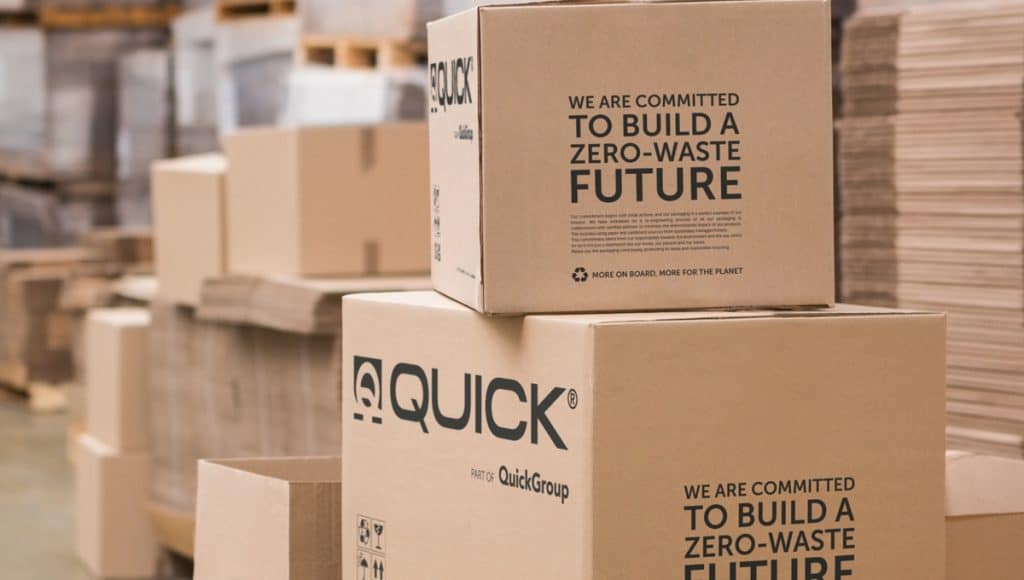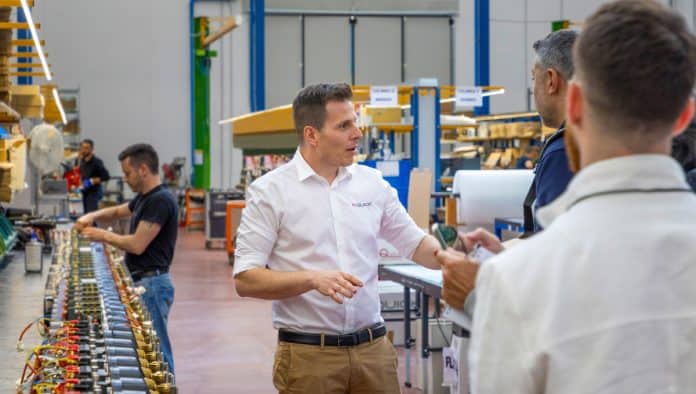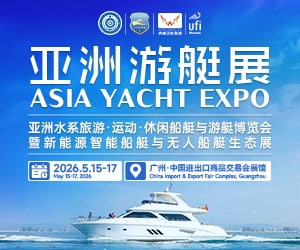Quick Group has launched its latest sustainability initiatives, including reducing carbon emissions, enhancing supply chain transparency and increasing investments in renewable energy, such as solar panels.
The Group is working towards sourcing 100% renewable energy by the end of the year from the current 40 to 50%, with other initiatives also underway, including carbon footprint mapping, ISO certification, implementing new production methodologies, and promoting workplace inclusion and equity strategies.
The company’s environmental, social, and governance (ESG) plan includes detailed strategies for achieving these goals and a framework for monitoring and reporting progress.
A dedicated sustainability team has also been set up.
“The company’s sustainability policy has undergone significant evolution over the past few years, reflecting a growing commitment to environmental, social and governance principles,” explained Marco Rodi, chief operating and sustainability officer of Quick Group.

“Our sustainability policy has moved from basic compliance with environmental regulation to a comprehensive and strategic approach to ESG, including things like recycling or energy efficiency initiatives. We have also extended it to supply chain transparency.”
The new policies include shorter-and-long term goals with the Group currently working on
using more sustainable packaging using recycled materials and materials that can themselves be recycled, as well as being fully FSC-certified.
Alongside sustainability initiatives within the Group, Quick is working with partners and suppliers to shorten and improve sustainability within its supply chains.
“We believe that this comprehensive approach will ensure that from raw materials to finished products our practices are aligned with our sustainability commitments and will be driven by a continuous-improvement approach,” added Marco.
Other initiatives for the Group are promoting workplace equity and inclusion and continuing to explore new technologies and innovations.
“From lean manufacturing principles and exploring more recycled materials and more energy efficient processes we are also aiming to achieve specific certification standards such as ISO 14001, ISO 45001,” concluded Marco.




